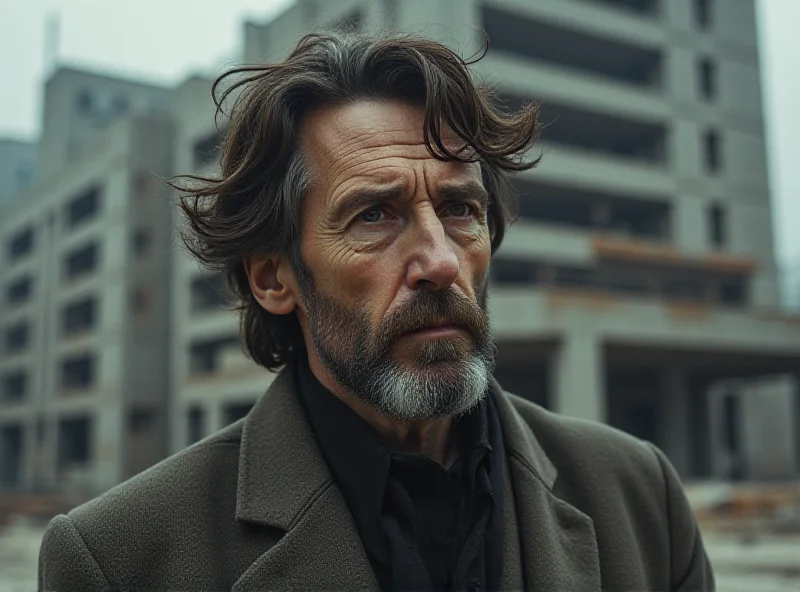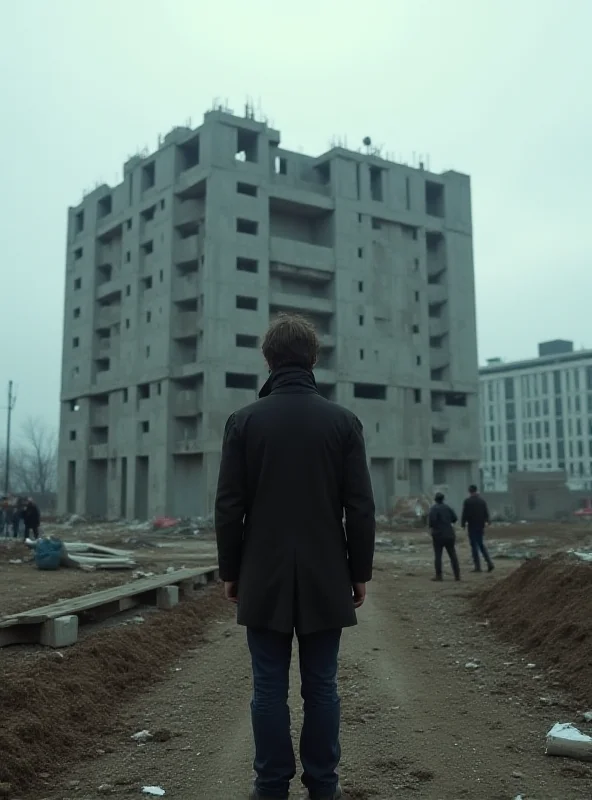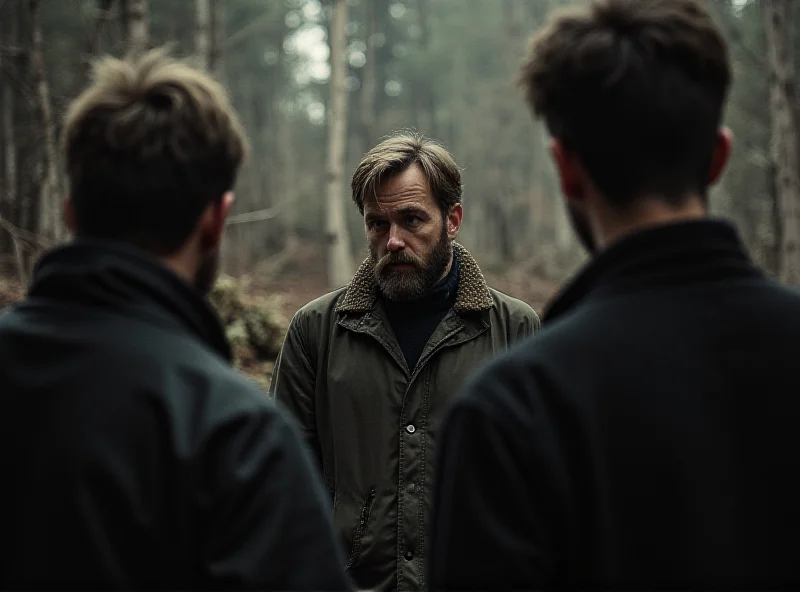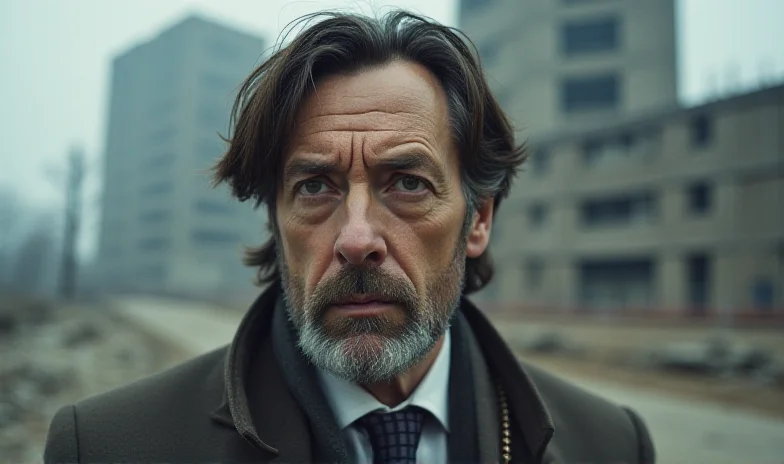Brady Corbet's 'The Brutalist' has been generating buzz, and controversy, since its release. Clocking in at over three hours, this decades-spanning saga of a Holocaust survivor architect grappling with the American dream is undeniably ambitious. But is it too ambitious? Or does its grand scope justify its considerable runtime?
Critics have pointed to the film's length as a major drawback, labeling it "backside-numbingly long" and questioning whether Corbet is trying to be too profound. However, many argue that this is precisely what makes 'The Brutalist' so compelling. The film tackles weighty themes such as art, patronage, the complex relationship between the US and Europe, and the relentless nature of capitalism. To explore these themes adequately, a shorter runtime simply wouldn't suffice.

A Feast for the Eyes and Mind
Beyond its thematic depth, 'The Brutalist' boasts awe-inspiring visuals and stellar performances from Adrien Brody and Guy Pearce. The film's cinematography is stunning, creating a visually rich and immersive experience. Brody's portrayal of the architect is both powerful and nuanced, while Pearce delivers a captivating performance as a key figure in the architect's life.
The film has drawn comparisons to classic American cinema, such as 'Citizen Kane' and 'The Godfather,' which are similarly epic in scope and ambition. Like these films, 'The Brutalist' dares to grapple with complex issues and offer a profound commentary on American society. As one critic noted, "American cinema’s high-water marks...tend to be big, muscular movies that believe they have something profound to say about the country of their making."
A Lost Film's Shadow
The topic of films dealing with the Holocaust brings to mind another, very different, project: Jerry Lewis's infamous 'The Day the Clown Cried.' This never-fully-released film has become something of a legend, shrouded in mystery and controversy. Lewis, primarily known for his comedic work with Dean Martin, took a dramatic turn with this project, which tells the story of a clown in a Nazi concentration camp.

While 'The Brutalist' aims to explore themes of trauma and resilience through the lens of art and architecture, 'The Day the Clown Cried' took a more direct, and arguably more controversial, approach to depicting the horrors of the Holocaust. The film remains unreleased, with Jerry Lewis himself expressing reservations about its quality. However, his son is reportedly on a "30-year quest" related to the film, suggesting that it may one day see the light of day.
Oscar Worthy?
Ultimately, whether 'The Brutalist' deserves to win Best Picture at the Oscars is a matter of opinion. However, its ambition, visual splendor, and powerful performances make it a strong contender. It's a film that challenges viewers to think deeply about art, history, and the human condition. And in a world of increasingly formulaic cinema, that's something worth celebrating.

"With so many weighty ideas to pack in, that run time starts to look, if anything, a little stingy."
Only time will tell if 'The Brutalist' will join the ranks of 'Citizen Kane' and 'The Godfather' as a true cinematic masterpiece. But one thing is certain: it's a film that will be talked about and debated for years to come.
